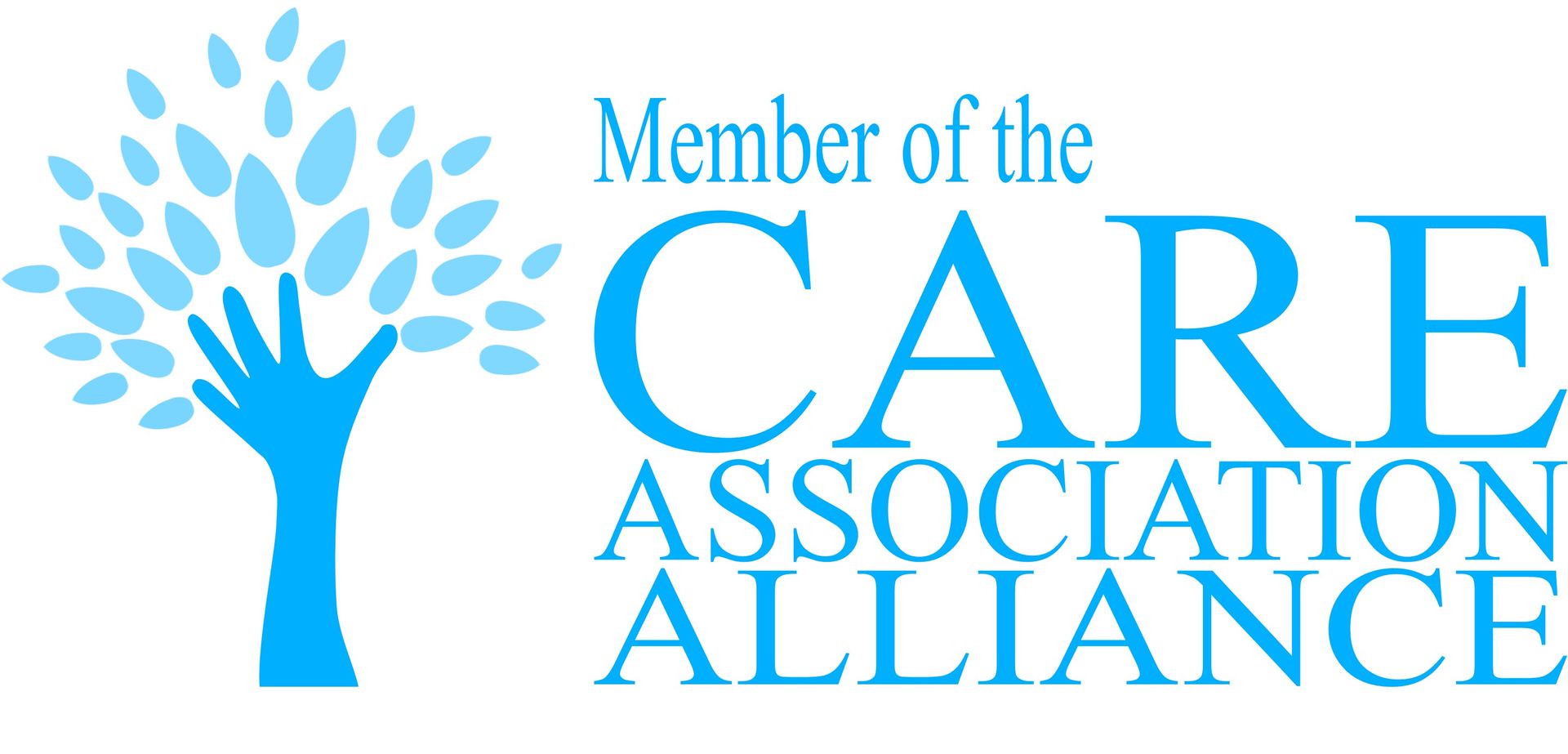Care Association Alliance
The National Voice of Local Care Provision
The Care Association Alliance (CAA) is a collective of local care associations - including WMCA - from across England, representing nearly 10000 care providers.
Established to strengthen the voice of independent adult social care providers, the CAA serves as a vital link between local services and national policy-makers.
West Midlands Care Association was one of the founding members of the CAA, and through it our own members benefit from being part of a nationwide collective network and having their voice heard by national government.
Who are the CAA?
The CAA was founded in 2010 by a group of local care associations - including WMCA - as a vehicle for them to share best practice and establish common positions on national issues.
Since then the CAA has grown to include over 50 local care associations, each supporting care providers within specific local authority areas. Like WMCA, these associations represent a diverse range of services, including:
- Residential and nursing homes
- Domiciliary care
- Supported living
- Learning disability services
By uniting these associations, the CAA ensures that the perspectives and needs of local providers are effectively communicated to national decision-makers.
The CAA has no paid officers, all its functions and activities are carried out by it’s member care associations.
CAA's Mission
The CAA aims to:
- Advocate for the sector: Representing the interests of care providers in discussions with government bodies and policymakers.
- Share best practices: Facilitating the exchange of knowledge and strategies among member care associations to improve service quality.
- Inform national policy: Providing insights from local trends to shape effective and responsive social care policies.
Regional Representation
While the CAA operates nationally, it also has regional branches that address local challenges and opportunities. For example:
- CAA West Midlands: A collaboration of multiple care associations in the region, including ourselves and our colleagues in Shropshire, Staffordshire and Warwickshire, working together to amplify the voice of independent adult social care providers, particularly with regional bodies such as WM ADASS. We work together to deliver regional projects such as the recent International recruitment support program.
Each English region has a CAA regional branch made up of its local care associations.
These regional bodies ensure that local concerns are addressed within the broader national framework.
How the CAA benefits WMCA Members
The CAA actively engages in advocacy to address pressing issues in the social care sector. For example, in March 2025, the CAA expressed disappointment over the government's decision not to exempt health and care providers from increased National Insurance Contributions. The CAA warned that this move could jeopardise the financial stability of many care providers .
Additionally, the CAA collaborates with other organisations, such as the Care Provider Alliance, to call for increased funding and support for the sector. Concerns have been raised about workforce shortages and the adequacy of the Fair Cost of Care funding .
Collectively, the CAA represents more care providers than all the other national care associations combined. This is increasingly being recognised within national government circles. Representatives from the CAA meet regularly with senior civil servants and Government ministers, ensuring that your membership of West Midlands Care Association also translates to representation at a national level.
More information along with a list of all member care associations can be found on the CAA website. www.caa.care


















